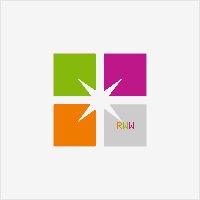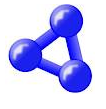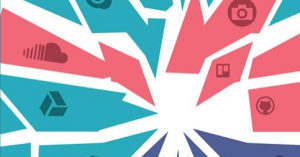Read Write Web — Q4 Summary — 2015
Summary
A quiet end to the year in terms of discussions, but lots of work going on in implementations. Perhaps this is a sign that read write standards for the web are entering a maturation process and 2016 will be a year of using them to see what they can do.
Many of the participants of this group attended TPAC 2015, in Sapporo Japan, and it was by all accounts it was a very exciting experience, with the W3C moving towards working groups in Payments, among other things. A good wrapup of W3C data activity included: data on the web best practices, spatial data and CSV.
Most of the activity I noticed this quarter was oriented towards the maturing Solid specification, which has been reorganized into logical sections (thanks Amy!) and I’ve presented is a small gitbook.

Communications and Outreach
Presentations on read write standards were given at the redecentralize conference. One video is available here and all the talks on the Solid platform are now in a github archive.
Community Group
A quiet quarter on the mailing list, as I think more people are devoting time to implementations, perhaps 2016 could be a good chance for feedback as to which items the group would like to focus on. There was also one interesting post on open badges.
Applications
Work on applications has picked up considerably this quarter, with much of the focus on client side javascript apps for the Solid platform. A great new library for building Solid apps is available now and called, solid.js. Additionally I have tried to put together some basic tutorials for getting started with apps.
Two great apps built using this library are called solid-inbox and plume. Solid-inbox is a tool to let you see the items in your “inbox” which is an area that users have designed for notifications. Plume, a pet blogging project, allows you to create rudimentary blogs on using Solid standards.
A new tool for writing Solid documents, dokie.li, is progressing well. Originally designed to author academic papers, it is becoming more generic to allow any kind of document to be authored using linked data.
Signup and identity providers have been improved and it is now possible to add your own identity provider to create a more diverse system of decentralized web identity. This can be done by running one of the Solid servers on your own machine, or by creating your own fork!
More great work from openlink in the form the structured data sniffer which turns much of the existing web into structured data.
I’ve been personally working on an proof of concept, alpha version of a social network that implements Solid called, solid.social. Some rough notes also accompany the site, that provide some screenshots and hopefully an idea of the direction things can go. Other than that, some basic command line utilities for reading and writing, were also written in the form of rdf-shell.
Last but not Least…
A new startup supporting decentralized read write technology co-operating systems was launched. From the site:
“We envision a web where we can use applications tailor-made for each of us. These applications will navigate linked data seamlessly across organisational boundaries. They will allow us to choose where to host our information, with whom we share it, and how we identify ourselves. This will create a distributed social web which will foster innovative ideas, help transform them into projects and allow us to share resources securely.”
Looking forward to further updates on this work!





